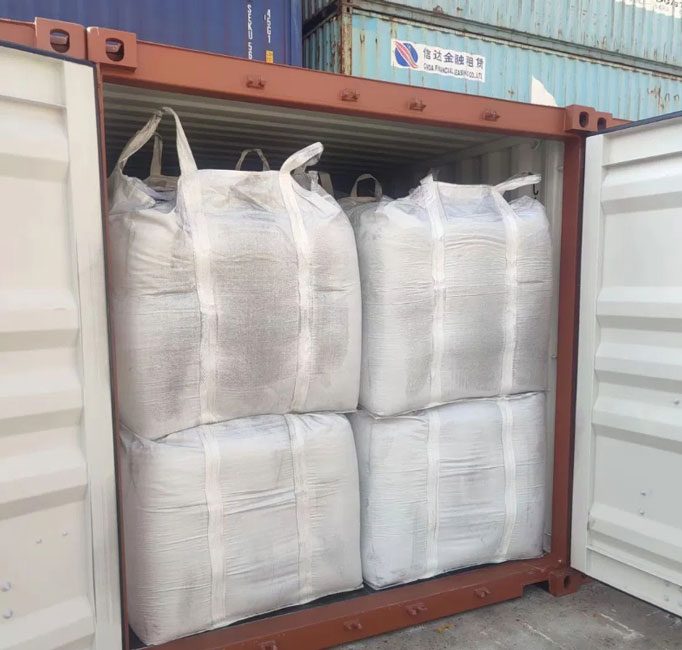
The steel industry is looking to improve overall efficiency and performance. One area which requires careful attention is electrodes. These are vital for the production of electric arc furnaces and the melting of raw material. In order to be effective, these electrodes must have several key qualities that allow them to effectively transmit electricity and withstand the extreme heat of the process.
Thermal conductivity and mechanical resistance are two of these features. It is vital that the electrode be able to sustain and disperse the high temperatures required for this type of melting. Failure to do so could lead to costly downtime if the electrode needs to be replaced. Graphite electrodes that are able to withstand this physical stress also help to reduce the number of electrode replacements needed throughout the course of a production cycle, further cutting down on costs.
Graphitized Petroleum Coke can be produced by recarburization, which occurs when green petroleum is heated under controlled circumstances to form carbon. This coke, which is used as a feedstock in alloy smelting, provides a high quality and uniform feedstock for the manufacture of special steels and metallurgical products. GPC can be used for this application, allowing alloys to be melted faster and at higher temperature.
GPC is not only used for alloy recarburization, but also as a castable material. Its high temperature stability and corrosion resistance make it ideal for lining melting furnaces in metallurgical applications. GPC is also an ideal recarburizer, as it has a low sulfur and ash level, which helps to maintain purity in steel castings.
GPC is also used to make friction materials, like brake pads or clutch linings. This is because of its lubricating properties that reduce frictional heat, and it also contributes to increased longevity for the life of these components.
GPC has been used to produce these components, which has revolutionized the way they are manufactured and sold. GPC, when blended with materials such as aluminum, can provide products with enhanced performance. In addition, the use of GPC in these types of products has helped to reduce their environmental impact by lowering the emissions associated with their production.
As the steel sector continues to evolve, a trend is emerging towards sustainable production practices geared toward optimizing efficiency and minimizing impact on the environment. These practices encompass a range of areas, including sourcing raw materials responsibly and embracing alternative technologies to reduce carbon footprints. This is a key step in developing the global industry of steel and will likely become more important with the growth of the world's population and the increasing demand for metals such as iron or steel.

Write a Message